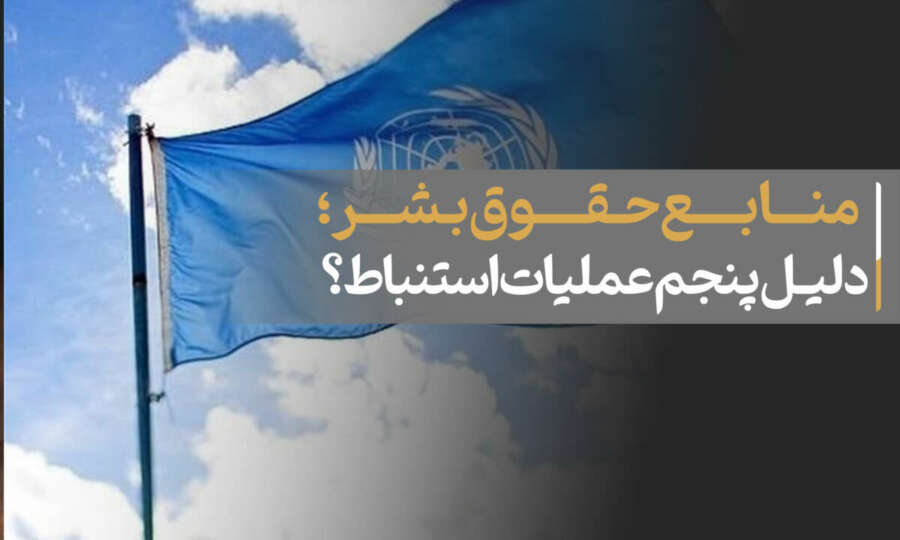Note: For the right issues of contemporary jurisprudence, the question arises whether it is basically possible to solve emerging issues such as citizenship rights with the current fundamental rules? Hujjat-ul-Islam Dr. Muh. Hasan Muvahhedi Savaji believes that these rules are sufficient, but some approaches to inference operations should be changed. In this oral note, the head of the theology department of Mufid University tries to analyze the capacities of the knowledge of the principles of jurisprudence to solve the jurisprudence issues of citizenship rights.
Is it possible to solve the issues of jurisprudence and citizenship rights with the current principles of jurisprudence in such a way that the result is efficient jurisprudence propositions?
Prior to answering this question, it is appropriate to first have a pathology regarding the approach of some jurists to such issues. One of the pitfalls that must be addressed a lot is that we must not act in a way that is passive. What we have seen in the last two or three decades is that first a series of problems are raised by mainly westerners towards Islam or jurisprudence, then the friends passively try to answer, while at the same time they must address legal issues. Mankind must pay attention, but we must be careful not to move forward as if the existing human rights sources are a fifth reason that is added to our four arguments!
It seems that some of those friends assume the values of western human rights as Muslim and want to defend the teachings of jurisprudence and religion and say that yes, we also talk like you, or in the interpretation of some, they want to make friends and say here we have this statement that says the same as you, while we ourselves have a school of thought. At the same time, we must try to defend human rights and the rights of human beings, but not in such a way that we are passive and indebted and accountable to them.
In many cases, in our religious teachings, human rights are more guaranteed, while in this declaration of the world, human rights and existing laws and treaties are not respected. In these cases, it is appropriate for these friends to give up and become creditors.
Terminology and discourse
The second point is, why is it necessary to use their production terms? When we use their terms and try to Islamize it, they say that no, we do not mean this term, this is not the concept you are saying, while if we use our own production term, we will not encounter this phenomenon. It seems that one of our most important tasks is terminology and discourse.
The principles of jurisprudence have capacity, but subject to conditions!
But regarding human rights, in my opinion, our jurisprudence and the principles of our jurisprudence have the capacity to ensure human rights well, but it is necessary to pay attention to several points:
The first point is that in the validation of narrations, we must not only pay attention to documentary issues, but also pay attention to other evidences such as justice, dignity, hatred of religion, etc. In general, paying attention to non-documentary evidence has existed in the validation method for a long time, but the later ones rely more on the document and do not care about such proofs. This is while paying attention to this type of evidence produces different results in the inference operation.
Another point is to pay attention to the role of custom. If the place of custom is paid attention to in deriving jurisprudence issues of citizenship rights, the result will be propositions that will ensure human rights.
The third point is the lack of authenticity of single news in important matters. It is a debate whether the news is a single proof, but it is another thing that a single news can prove important things like temperature, fever, symptoms and the like.
For instance, the late Sayyid Murteza, in the discussion of the inheritance of women from the land, finally writes: The traditions that deny the inheritance of women from the land, based on the assumption of the authenticity of the document and the absence of contradictions, are ultimately Khabar wahid, and this Khabar wahid cannot prove important matters such as inheritance.
According to this point, in many punishments in which it seems that human rights have not been observed, the fatwa document is just a single piece of news. The late Ayatullah Sayyid Ahmad Khansari also did not know the Khabar wahid in the case of Dima’ al-Hujjah. Apart from him, some other fundamentalists have also paid attention to this point.
This interview is a part of the electronic magazine “Fundamentals of Civil Rights Jurisprudence” which was produced in collaboration with the Ijtihad Network website.

